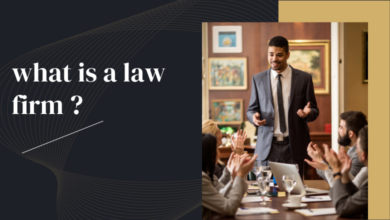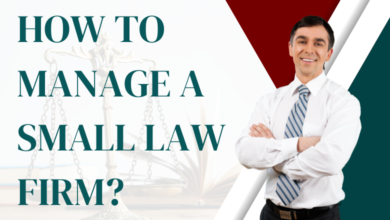
Fashion shows and runway models may appear glamorous, but behind-the-scenes there are legal issues to contend with, including trademarks and copyrights, international business law, licensing agreements, retail trade laws, employment legislation and retail employment practices. A fashion lawyer’s goal should be to navigate all of these legal nuances on behalf of their client while having both industry knowledge and legal expertise as part of their skillset.
Aspiring fashion lawyers must first obtain a legal education and pass the bar exam, which may involve attending either law school or university programs that specialize in legal studies before completing a traditional three-year post graduate degree program leading up to taking the bar exam. Once graduated, their next step should be finding employment with firms specializing in fashion and entertainment law as well as networking with professionals from within this industry and taking courses specifically focusing on intellectual property or fashion law.
Career progression as a fashion lawyer may take longer than other types of law careers; legal education is required and this process could take years before an individual becomes ready to practice law. Alongside earning their degree and passing the bar exam, fashion lawyers must possess strong aesthetic judgment as well as knowledge about all facets of fashion industry they represent.
One of the main challenges of being an attorney is the high levels of stress associated with litigation work, especially during trials. A single lawsuit can involve massive amounts of paperwork and lengthy hours spent working; not to mention potential negative press on both a national and international scale.
Fashion lawyers must not only be adept at working under pressure, but must also possess creative and excellent communication skills. Fashion lawyers work closely with both clients and designers who may have different ideas about what their brand represents; as such it is up to the lawyer to ensure all parties involved remain on the same page when it comes to production and sale of said brand.
Fashion Law can be both rewarding and exhilarating, yet requires significant investments of time and resources for success. Therefore, fashion attorneys must remain organized and focused while constantly working to develop their skill set so as to provide their clients with optimal service.
Fashion attorneys provide essential legal support services, whether for an established luxury fashion house or small start-ups alike. From trademark and copyright management, business contracts, labor & employment laws and labor/employment compliance issues – successfully managing trademarks/copyrights/contracts etc on behalf of their clients will only increase as the industry changes and requires legal services more frequently.




